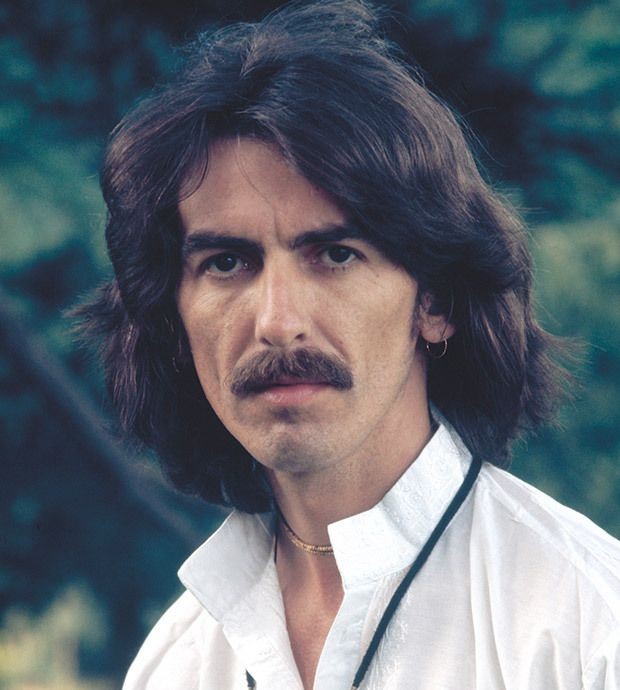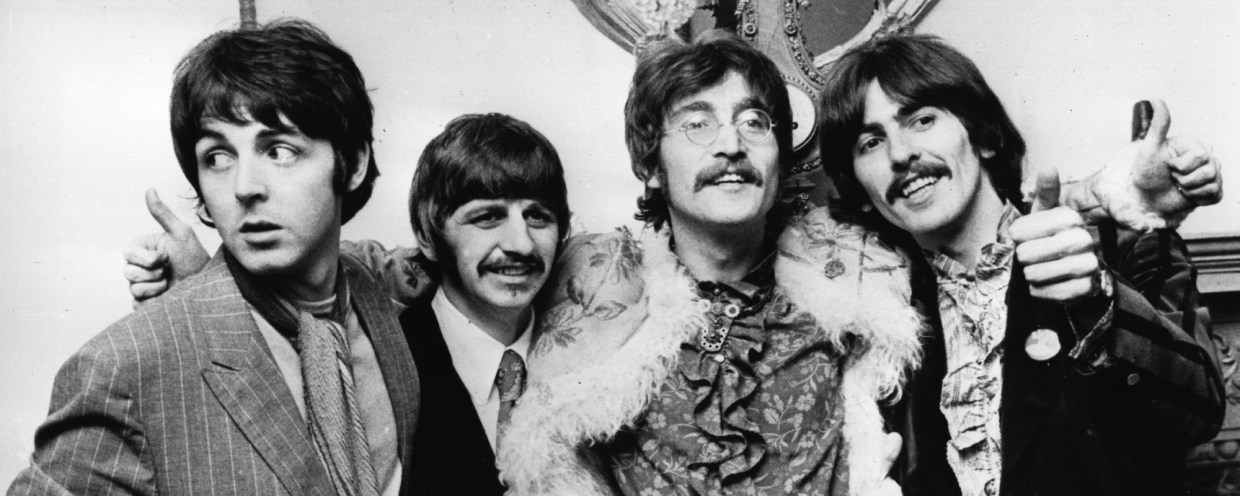As the face of Britain throughout the 1960s, The Beatles assumed larger-than-life personas warped by public opinion. Through front-page photographs, witty interviews, and steadily evolving songwriting prowess, each fan and critic began to build their own idea of who each member was. John Lennon was the smart Beatle, Paul McCartney was the cute one, George Harrison was the quiet one, and Ringo Starr was the funny one.
Such nicknames were popularised with affectionate intentions and were, for the most part, accurate. This, of course, depends on how cute you thought Macca was and if you felt that Starr was the funniest of a group of four particularly witty chaps. Furthermore, Harrison’s label as the “quiet one” is only true by certain metrics.
As the youngest member of The Beatles, Harrison was something of a late bloomer. Alongside the Lennon-McCartney songwriting partnership, he grafted by hook or crook to squeeze his songs into each album. Over time, he grew disillusioned with his comparatively limited album real estate, a factor in the band’s demise in 1970.
Further to Harrison’s growing frustrations, his tastes began to differ somewhat from those of his bandmates, especially McCartney. Famously, he dismissed the “cute” one’s Abbey Road song ‘Maxwell’s Silver Hammer’ as a “fruity,” self-obsessed throwaway, an opinion Starr and Lennon also concurred with after arduous sessions spent trying to get the bouncing ditty right.
Like Lennon, Harrison preferred more abstract, artistically inventive compositions. As the most spiritual one of the four, he was also partial to Eastern influences as heard in songs like ‘Within You Without You’ and his debut solo album, Wonderwall Music. In accordance with his spiritual side, Harrison was perhaps the least verbose of The Beatles, but that only applies to small talk. If you touched on a topic Harrison was interested in, such as music or Hindu belief systems, he could become the loudest man in the UK.
Among those who attested to Harrison’s confidence and outspoken nature was his friend and fellow Traveling Wilbury Tom Petty. The ‘Free Fallin’’ singer once told Rolling Stone that Harrison would in fact “never shut up” through a cheeky grin. “He was the best hang you could imagine,” he added warmly. Similarly, Mick Jagger remembered Harrison as quiet when he wanted to be but also “funny and combative”.
Surviving as long as he did in a band with towering figures like Lennon and McCartney, Harrison relied heavily on his strength of character and “combative” edge. Even if McCartney insisted on talking the most during interviews, Harrison was no doormat and never shied from conveying his opinions on the band’s creative output.
As far as Harrison was concerned, The Beatles struck a peak in 1965 with the release of Rubber Soul. Inspired deeply by Bob Dylan, the album spoke to Harrison’s folk-rock inclinations and also contained his first successful work on the sitar, ‘Norwegian Wood (This Bird Has Flown)’. “I think that it was the best one we made; we certainly knew we were making a good album. We did spend a bit more time on it and tried new things,” he reflected on the album while speaking to Crawdaddy in the 1990s. “We were being more influenced by other people’s music, and everything was blossoming at that time, including us, because we were still growing.”
On the flip side, Harrison had misgivings about some of The Beatles’ other records. He was particularly unimpressed with two of the band’s studio LPs. “There were albums which weren’t any good as far as I was concerned, like Yellow Submarine,” Harrison declared. “We put all the songs together into an album form…” Chiefly, the Beatle seemed to take issue with how the movie soundtrack was cobbled together with just six songs, the corny singalong title track taken from the recent masterpiece Revolver.
In his appraisal, Harrison noted the difference between the band’s releases in the US and the UK. “I’m talking about the English albums now because the States we found later that for every two albums we had, they’d made three because we put 14 tracks on an album, and we’d also have singles that weren’t included on albums in those days,” he added. “They’d put the singles — take off a bunch of tracks, change all the running order and then they’d make new packages like Yesterday and Today, just awful packages.”
Yesterday and Today, released in the US and Canada in 1966, featured a mixture of songs from Help!, Rubber Soul and Revolver. With entries from Rubber Soul, the music on the album certainly won’t have abhorred Harrison, but he took issue with the discordant hodgepodge of material from different artistic products.



